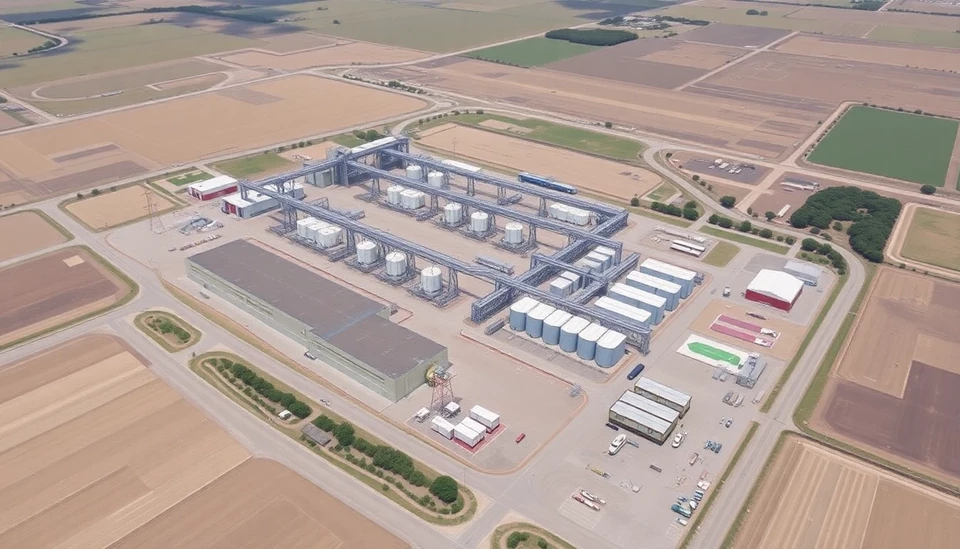
China's state-owned food and agriculture conglomerate, Cofco Corp, is on the verge of opening a new grain terminal in Brazil. This expansion marks a significant milestone for the company as it aims to enhance its operational footprint in one of the world's largest agricultural markets. The new terminal is poised to strengthen Brazil’s position in the global grain export industry, enabling more efficient shipping and distribution of grains to international markets.
With Brazil being a leading producer of soybeans, corn, and other grains, the terminal development is strategically important. It is designed to facilitate the export of these crucial agricultural products, allowing for quicker delivery times and reduced logistic costs. This investment aligns with China's ongoing strategy to secure stable food supplies and explore new agricultural partnerships across the globe.
The terminal is expected to not only increase Cofco's export capabilities but also create a ripple effect in the local economy. The project promises to generate employment opportunities during the construction phase and after completion, thereby aiding local communities and contributing to Brazil's overall economic growth.
As part of its larger strategy, Cofco is focusing on expanding its infrastructure in key agricultural regions. The new terminal, strategically located in Brazil, allows them to tap into the vast production potential of the region. It also illustrates China's commitment to fostering long-term agricultural investments that support both Chinese food security interests and the economic advancement of Brazil.
Industry analysts have noted that this move could significantly alter market dynamics. By improving access to ports and streamlining logistics, Cofco can potentially reduce the operational costs of grain exports, making Brazilian grains more competitive in the global market. As demand for grains continues to rise worldwide, this terminal will likely play a crucial role in meeting that demand.
Furthermore, the terminal's operations will utilize advanced technologies to ensure efficiency and sustainability. This aligns with the global trend toward greener practices in agriculture and logistics, emphasizing the importance of innovation in meeting future food security challenges.
In conclusion, Cofco's new grain terminal in Brazil not only underscores the company's ambition to expand its agricultural portfolio but also reflects the deepening agricultural ties between China and Brazil. As both nations continue to navigate the complexities of global food supply chains, such investments will be vital in enhancing food production capabilities and ensuring food security for their populations.
With the new terminal on the horizon, the future looks promising for both Cofco and Brazil's agricultural sector.
#Cofco #BrazilAgriculture #GrainTerminal #ChinaInvestments #GlobalTrade #FoodSecurity #AgriculturalEconomy #SustainableFarming
Author: Laura Mitchell

